
E-commerce's Special Role in Uganda, Rwanda & Ghana
The Specialized Role of E-commerce in Uganda, Rwanda & Ghana
Exploring how digital trade is shaping growth across three African nations
1. Introduction

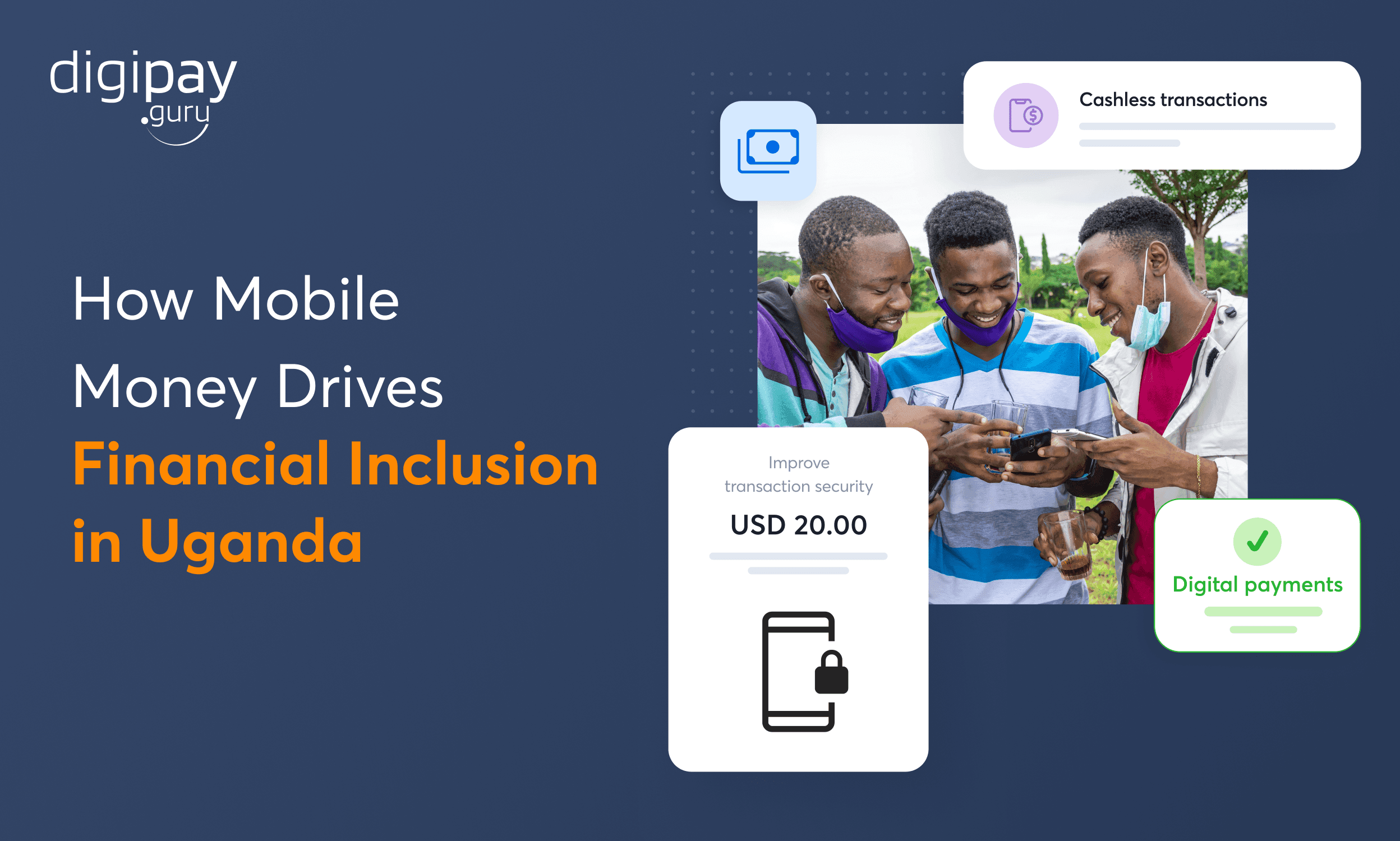
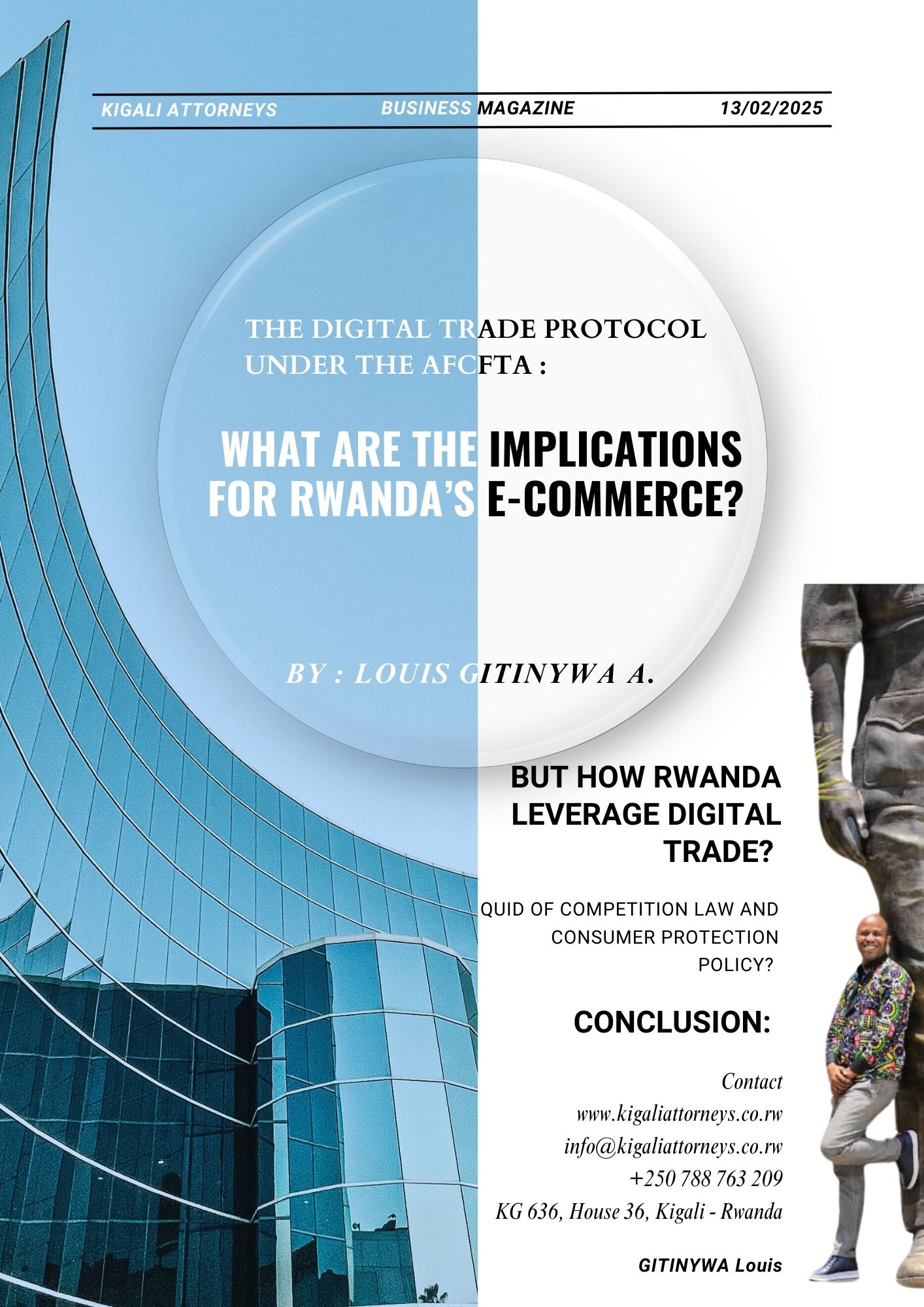


In recent years, e-commerce has emerged as a key driver of economic inclusion and digital transformation in parts of Africa. In countries like Uganda, Rwanda, and Ghana, online trade is not just a convenience – it is helping to bridge gaps in infrastructure, open up new markets for small businesses, and integrate more people into a digital economy.
This article examines how e-commerce is playing a special role in each of these three countries—what opportunities it brings, what challenges it faces, and how governments, businesses and platforms are responding.
2. Uganda: Mobile Money Meets Online Marketplaces


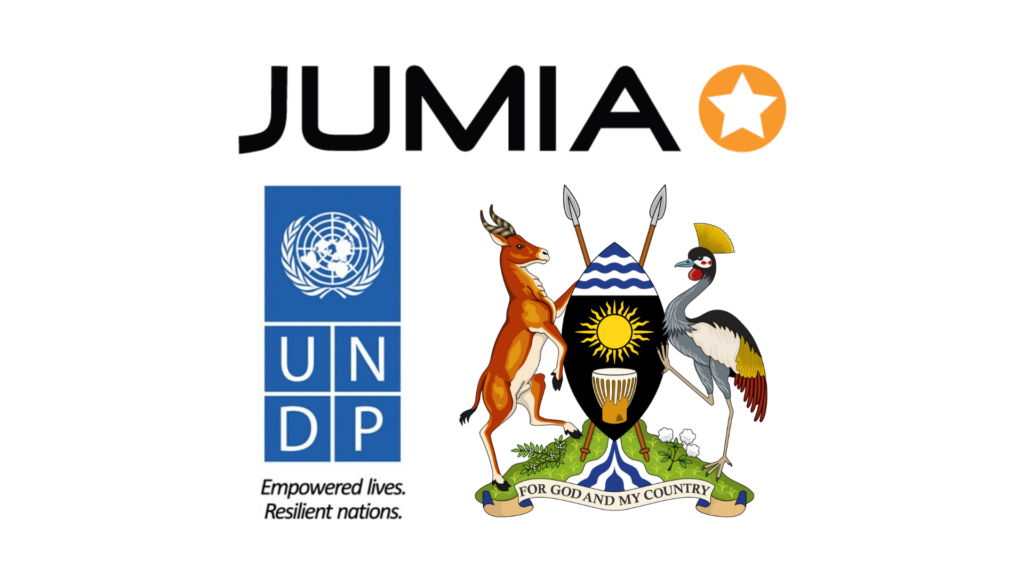


In Uganda, e-commerce is gaining traction thanks to the rapid adoption of mobile money and increasing internet access. According to the International Trade Portal, Uganda’s e-commerce market is “rapidly growing” and expected soon to become the second largest online market in East Africa after Kenya. (Lloyds Bank Trade)
Key drivers in Uganda include:
-
Mobile payments: Many Ugandans use mobile money services, which lowers the barrier for online transactions.
-
Rising internet penetration: The Uganda Communications Commission reported that internet access in Q2 of 2017 reached 45.4 % of the population. (Lloyds Bank Trade)
-
Marketplace expansion: Platforms like Jumia and other local online stores are providing new channels for goods and services.
Significance:
By enabling small- and medium-sized enterprises (SMEs) in Uganda to sell online, e-commerce supports local entrepreneurship, widens consumer access beyond urban centres, and helps link rural producers with national markets.
Challenges remain, however: infrastructure gaps (especially in rural areas), limited credit access, and regulation frameworks for e-commerce are still developing. (arXiv)
3. Rwanda: A Digital-Forward Approach




Rwanda offers a compelling case of a country embracing digital infrastructure and integrating e-commerce into its economic strategy. The government has made ICT and digital trade priority areas.
Highlights in Rwanda include:
-
Fintech and payment interoperability: Rwanda and Ghana recently partnered to bolster cross-border digital payments and fintech licensing. (FINTECH MAGAZINE AFRICA)
-
Marketplace expansion: Start-ups in Rwanda, such as those listed for e-commerce platforms, reflect the growing interest in online trade. (startuplist.africa)
-
Focus on logistics & access: With Rwanda’s relatively small land area and investment in ICT, the environment is conducive for e-commerce to expand quickly.
Significance:
E-commerce in Rwanda supports the vision of making the country a regional trade hub. For local businesses, it means access to international and regional customers, while for consumers it means more choice and convenience.
Challenges: While infrastructure is strong comparatively, last-mile delivery logistics in remote areas and low consumer awareness remain issues.
4. Ghana: West Africa’s E-commerce Rising Star


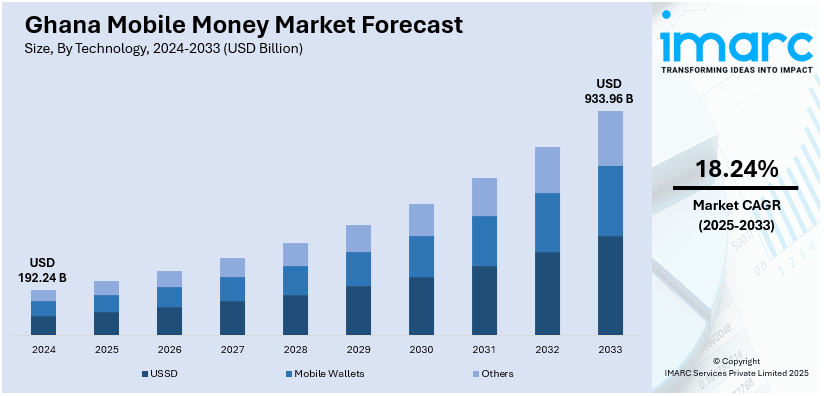
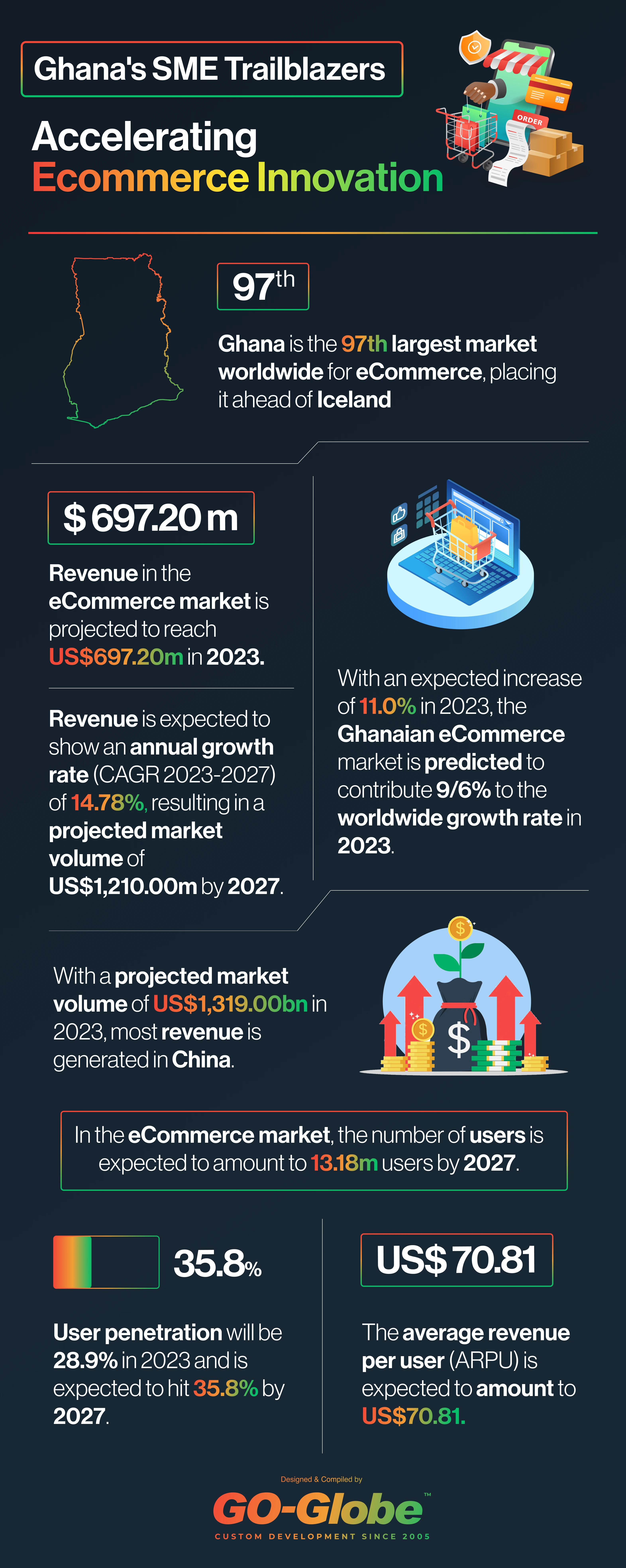
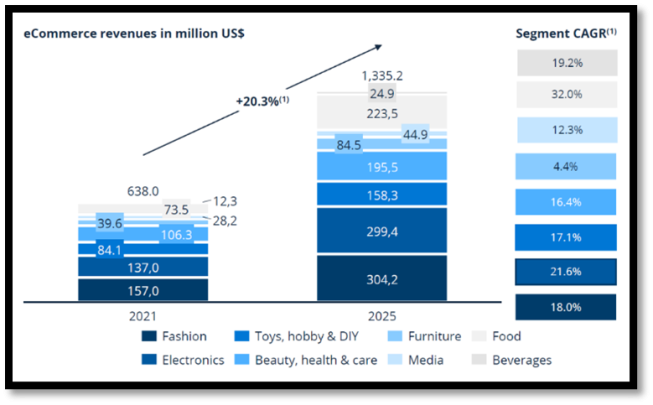
In Ghana, e-commerce is carving out a special role as a platform for artisans, SMEs and farmers to access new markets online. Research shows that many Ghanaian businesses are embracing online sales and digital distribution. (Blackfacts.com)
Key elements in Ghana’s e-commerce scene:
-
SME empowerment: Ghanaian artisans and micro-businesses are leveraging online marketplaces to reach wider audiences.
-
Digital payment systems: Progress is being made in online payment infrastructure which reduces reliance on cash and helps build consumer trust.
-
Connectivity growth: With increasing smartphone and internet access, more consumers are shopping online.
Significance:
E-commerce offers a pathway for Ghanaian producers and SMEs to bypass traditional middlemen, reduce time-to-market, and increase their share of value. For consumers, it improves access to goods and competitive pricing.
Challenges in Ghana include concerns around online trust and consumer protection: studies indicate that perceived data vulnerability and low literacy impact adoption of online purchases. (arXiv)
5. Shared Themes and Unique Roles
Even though Uganda, Rwanda and Ghana differ in size, geography and history, their e-commerce journeys share important themes:
-
Inclusion & access: E-commerce allows remote or rural producers to reach urban and global markets.
-
Digital payments as foundation: Mobile money and online payment services are crucial enablers.
-
SME and informal-sector integration: Many small businesses and informal traders benefit disproportionately from digital trade.
-
Infrastructure & logistics matter: The success of online trade depends heavily on reliable internet, affordable devices, transport and delivery networks.
-
Regulation & trust: Issues around consumer protection, data privacy, and electronic payment regulation are vital for growth.
But each country also has its unique role:
-
In Uganda, e-commerce is helping overcome traditional retail limitations via mobile networks.
-
Rwanda uses it as part of a broader digital economy strategy and regional trade portfolio.
-
Ghana uses online trade to uplift artisans and SMEs, particularly in West Africa.
6. Challenges & How to Address Them
Although promising, e-commerce in all three countries faces hurdles:
1. Digital divide – Broadband penetration and device access are still unequal between urban and rural areas. (arXiv)
2. Logistics and delivery – Last-mile delivery remains costly and slow in many remote regions.
3. Payment & trust – Concerns around data privacy, payment security and consumer protection limit uptake in places like Ghana. (arXiv)
4. Regulatory frameworks – Many nations are still developing e-commerce regulations, tax systems, and legal structures for online retail.
5. Digital literacy – Both businesses and consumers may lack the skills to fully utilise e-commerce platforms.
Addressing these involves coordinated efforts: investment in infrastructure, building local logistics partnerships, educating consumers, strengthening legal frameworks, and promoting inclusive digital payments.
7. Looking Ahead: The Special Role Continues
For Uganda, Rwanda and Ghana, e-commerce is more than just a retail channel – it is a tool for economic transformation. As payment systems improve (for example Rwanda/Ghana’s collaboration on fintech) and connectivity expands, the potential of digital trade broadens.
Small businesses, informal sector traders, and artisans stand to gain significantly by entering online markets. Governments that facilitate trustworthy platforms, mobile-first design, and cross-border interoperability will unlock new growth paths.
In short: the special role of e-commerce in these African nations lies in bridging gaps, empowering micro-enterprises, and connecting local value to global demand.
8. Conclusion
E-commerce in Uganda, Rwanda and Ghana illustrates how digital trade can be inclusive, enabling and growth-oriented. By lowering transaction costs, opening markets, and incorporating more participants in the economy, it is playing a strategic role in today's African business landscape.
With the right mix of infrastructure, trust, regulation and digital literacy, these countries can continue to turn e-commerce into a major driver of sustainable development.
Internal Links for Further Reading
-
See how marketplaces like Jumia are expanding across Africa.
-
Explore the role of fintech and mobile money in enabling e-commerce.
-
Review the impact of consumer trust and data privacy on online shopping adoption.
If you’d like country-specific case studies, infographics, or a focus on logistics models in rural Africa, I’d be happy to prepare them.
Share


